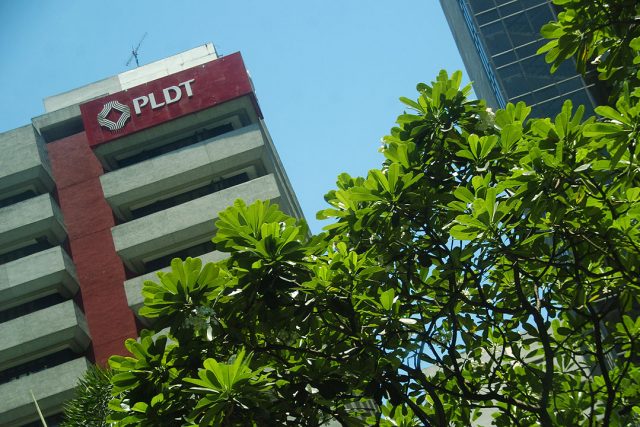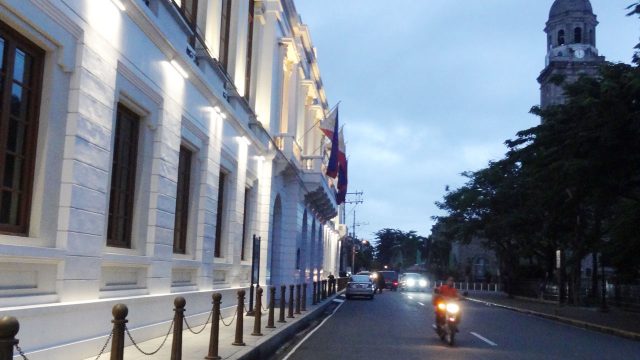DoE wants oil deregulation law amended

THE DEPARTMENT of Energy (DoE) on Tuesday urged Congress to amend the oil deregulation law, saying the country is now facing a “prolonged oil price spike” due to high global demand and tight supply.
“It is respectfully prayed that Congress amend the Oil Regulation Law, among others, to provide a framework for the government to intervene and address sudden prolonged oil price spikes; require the unbundling of the cost of retail products to determine their true and the passed-on cost,” Energy Secretary Alfonso G. Cusi said in separate letters sent to Sen. Sherwin T. Gatchalian and Pampanga Rep. Juan Miguel M. Arroyo.
Copies of the letters sent to the heads of the Senate and House committees on energy were provided by the DoE.
Pump prices have increased for the eighth straight week. Local oil firms on Monday raised gasoline prices by P1.8 per liter (/L), and increased diesel and kerosene prices by P1.5/L and P1.3/L, respectively.
Mr. Cusi attributed the sudden global demand for oil to the surge in economic activities as more countries have contained the coronavirus disease 2019 (COVID-19) outbreak; production slowed down; increased stockpiling ahead of winter; and international sanctions on oil-rich nations such as Iran and Venezuela.
He said global demand stood at 103.22 million barrels per day (bpd) versus the supply of 100.32 million bpd as of Oct. 16.
The Energy chief estimated that the country consumes 425,000 bpd, which is equivalent to around 0.4% of global supply.
To address the impact of the soaring oil prices on consumers, Mr. Cusi said the DoE has asked industry stakeholders to extend discounts to the public transport operators, and revisited previous platforms on subsidy.
He said the DoE has an existing circular, issued in 2019, wherein oil firms are required to unbundle the cost of petroleum retail products to determine if these can be lowered. However, some oil companies opposed the circular and were able to secure restraining orders for its implementation.
In a separate statement, the DoE said that the unbundling of oil prices will contribute to its goal of establishing price trends for oil and finished petroleum products.
It added this will ensure a “level playing field” among oil industry participants while upholding the best interests of consumers. — AYY















